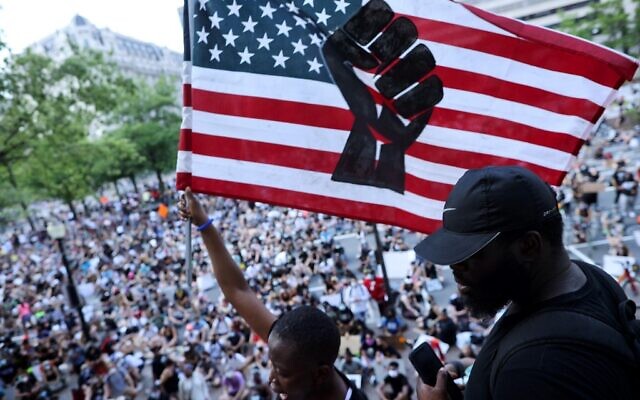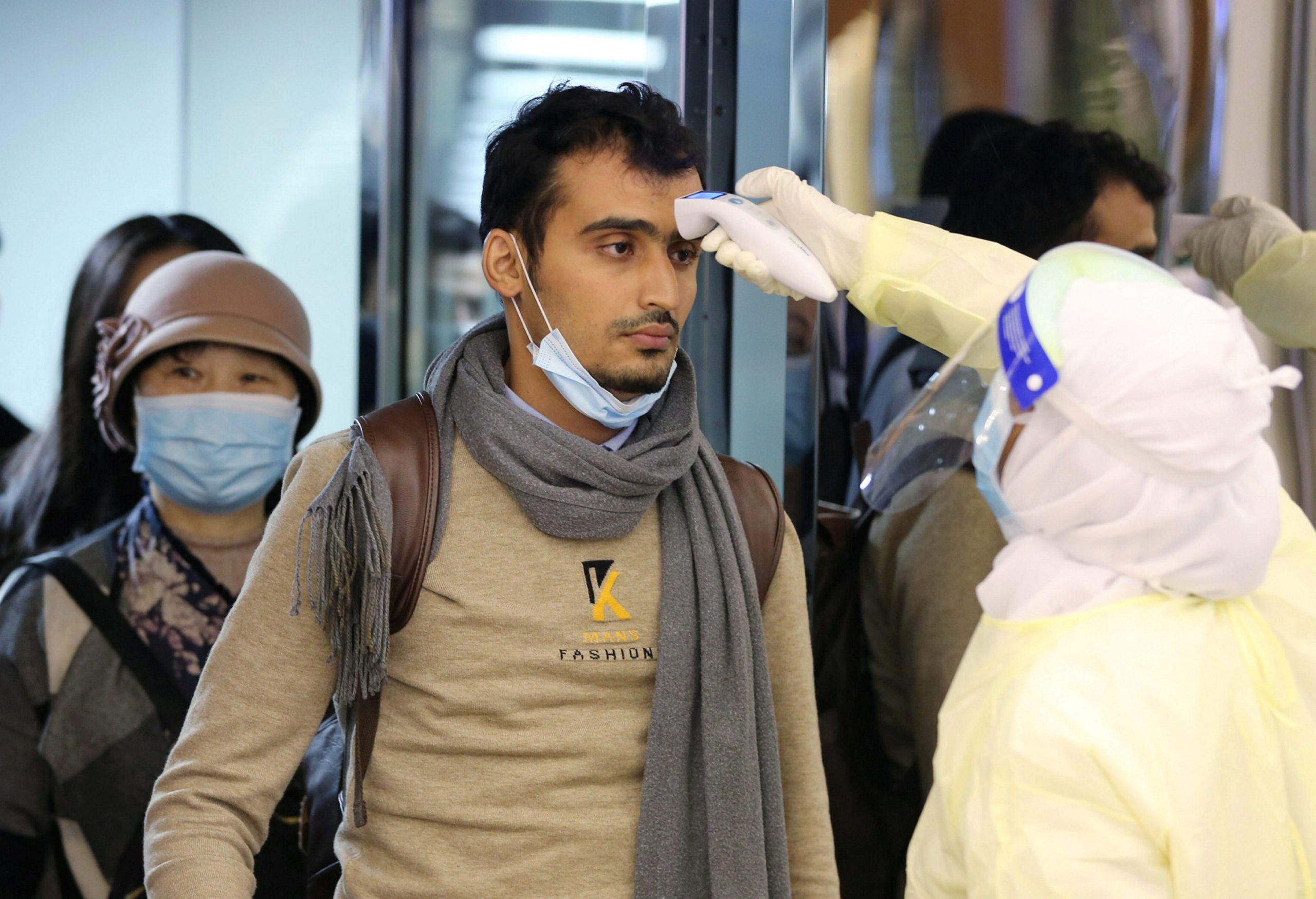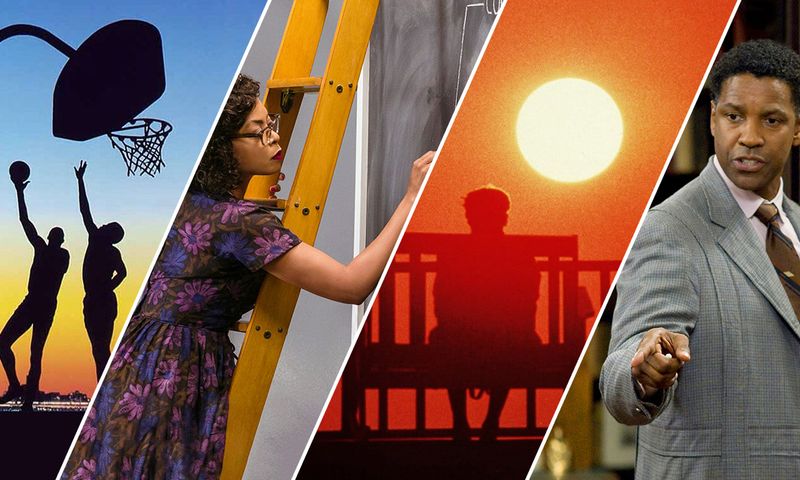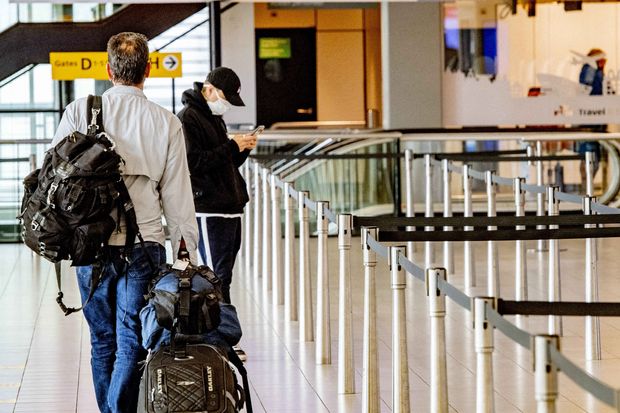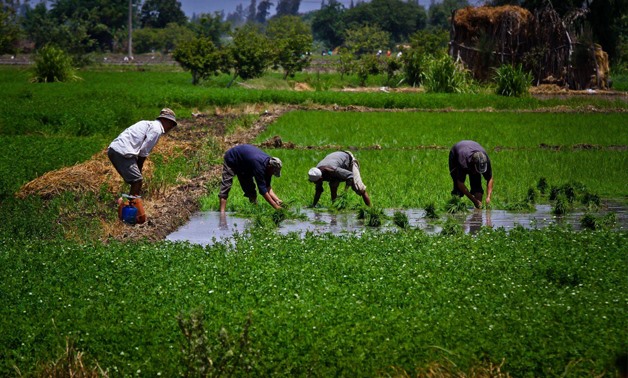The United States seems more polarized today than it has for decades. The COVID-19 pandemic and brutal killing of George Floyd at the hands of police officers and its aftermath are exacerbating existing tensions between liberals and conservatives.
The two sides seem to have a completely different notion of what America should look like and whether or not systemic prejudices are oppressing millions of Americans.
A House Divided
In June 1858, Abraham Lincoln, then a US Senate hopeful, delivered a powerful speech before an audience of Republican delegates (who possessed political views now associated with America’s Democratic Party). The speech addressed a fundamental contradiction in the United States.
While the nascent republic took pride in its war of independence from England and championing the ideals of freedom in its famous Declaration of Independence, it continued to enslave millions of people. Voices denouncing slavery, including that of Lincoln, were rising. It was only a matter of time before those who wanted to abolish slavery and those who were ready to die to preserve it would come to a lethal confrontation.
“A house divided against itself cannot stand,” said Lincoln. “I believe this government cannot endure, permanently half slave and half free.”
Lincoln would be forever remembered as one of the greatest presidents (if not the greatest) of the United States. He was the man credited with the emancipation of approximately four million slaves. He also succeeded in preserving the country though leading Union forces through a bloody civil war. Slave states fought ferociously for secession because their economy, based largely on growing cotton, depended on slavery.
Today, it is astonishingly striking how relevant Lincoln’s speech is, as well as the context in which it was delivered.
The legacy of slavery continues to oppress Black Americans
The killing of George Floyd is a manifestation of the struggles people of African descent continue to face in America. While slavery was abolished in the second half of the 19th century, complete equality between the descendants of those slaves and others who have joined America’s Black community, and their white counterparts, has not yet been achieved.
The gap between white and Black Americans is wide in terms of wealth, income, and access to quality education and healthcare. An article published by CNN on June 3 reported the median net worth of the US’ white households is $171,000, almost 10 times that of Black households ($17,600).
While African Americans fall behind in those metrics, they are much more likely to be incarcerated or die during an encounter with the police.
African Americans, according to Pew Research Center, represented 33% of the country’s adult prison population in 2018 while they make up only 12% of the general US population. In comparison, whites accounted for 30% of adult inmates while they represent the majority racial group within the US population, at 63%.
Fact and friction: Questioning white guilt and systemic bias
The country is incredibly polarized around key issues such as race inequality, treatment of and opportunities for minority groups, immigration, and response to crises like the COVID-19 pandemic. Part of the divide is a friction over the existence of a problem—systemic racial oppression—in the first place, its scope, and the best way to address it.
Many liberals and progressives see that racial inequality is the legacy of discriminatory policies that, although many have been abolished, continue to ensure people of color are excluded from opportunities that would help them escape poverty and achieve a quality of life similar to that of their white counterparts.
They recognize that white privilege exists, and that people who do not face this type of discrimination should show sympathy with those who get pulled over by the police, roughed up even if they committed no crime, or even shot dead because of the color of their skin and an engrained assumption that they might be armed or dangerous.
Social conservatives on the other hand, in majority white Republicans and mostly concentrated in southern and midwest states as well as rural areas, often believe the system does not discriminate against Black people.
Blaming those who suffer from prejudice
They think white Americans are suffering from “white guilt,” that feeling of shame for all the pain and crimes that people of European descent inflicted on black slaves, their descendants, and other people of color in the past—and the ongoing legacy of such actions, which continues to create difficulties for Americans of color today. Many social conservatives feel this white guilt is unjustified, while liberals may claim it is justified but unproductive.
On the extreme side of the conservative spectrum are those who genuinely believe that white people are under attack in America and that liberals want to “replace” them with other racial groups. They claim a racial superiority akin to that assumed by the Nazis and American slave masters.
Though many conservatives might not say this openly so as not to be labeled “racist,” they would blame Black Americans for their low economic status by insinuating they have a propensity for being “lazy.”
In 2014, former House of Representatives Speaker Paul Ryan created controversy with his remarks on “inner city” poverty, which he attributed to a lack of appreciation for the “value of work.”
“Inner city” is a term used to designate the overcrowded, poor neighborhoods in a large city. As Black people and other racial minorities largely inhabit these areas, many came to the conclusion that Ryan was making a racist statement.
Disproportionate pandemic consequences
While some politicians, media, and health professionals repeatedly say that COVID-19 does not discriminate—a statement supported by the fact that people from all ages and walks of life, including rich people and statesmen, contracted the virus—it has been widely reported Black people and other minorities have been hit the hardest in majority-white countries such as the US.
Media reports and data from the Centers for Disease Control and Prevention (CDC) published in May confirmed that “the new coronavirus is disproportionately striking minority populations — particularly urban blacks and Navajo Indians living on their reservation.”
“Blacks make up 33% of COVID-19 hospitalizations” in New York State while they only account for 18% of the population, reported U.S. News & World Report.
Seventy percent of COVID-19 deaths in Louisiana occurred in the Black community, which only makes up one-third of the state’s population.
In Illinois and Michigan Black people respectively make up 15% and 14% of the population, yet 43% and 40% of those who died in these states were African Americans.
While academic experts pointed to social and economic disparities as a reason why members of certain racial groups are more vulnerable to the disease, Health and Human Services Secretary Alex Azar chose to blame individuals’ unhealthy lifestyles.
Diverting responsibility
U.S. News & World Report cited a recent study published in the American Journal of Preventive Medicine which listed a number of factors that can contribute to a higher risk of contracting the virus, including “living in crowded, multigenerational homes, working in a service industry in a job that cannot be done remotely and needing to use public transportation to get to work.”
For Azar, the focus was mainly on the fact that Black people are more likely to suffer from pre-existing health conditions that make them more vulnerable to the virus, like asthma, heart disease, and cancer. When taken alone, this reality does not give the full picture on why African Americans are bearing the brunt of the country’s COVID-19 infections. Azar’s choice of words could not be more controversial.
“Unfortunately the American population is very diverse … It is a population with significant unhealthy comorbidities that do make many individuals in our communities, in particular African American, minority communities, particularly at risk,” said Azar during an interview with CNN.
It is not clear why the diversity of the US society, something which has been hailed as a positive example, is something to be described as “unfortunate,” unless Azar wished the US was more racially monolithic, meaning more white.
Again, according to Azar and people who follow such a line of logic, the system is not to blame for the sufferings of the Black community in the US. As a result, they would continue to oppose any proposals of public policies that seek to address the social and economic grievances of people of color in America.
While the death of George Floyd and ensuing mass protests imposed for the first time accountability for police officers in their crimes against Black people, the route to achieving economic and social equality in the US is still a long and bumpy road.

